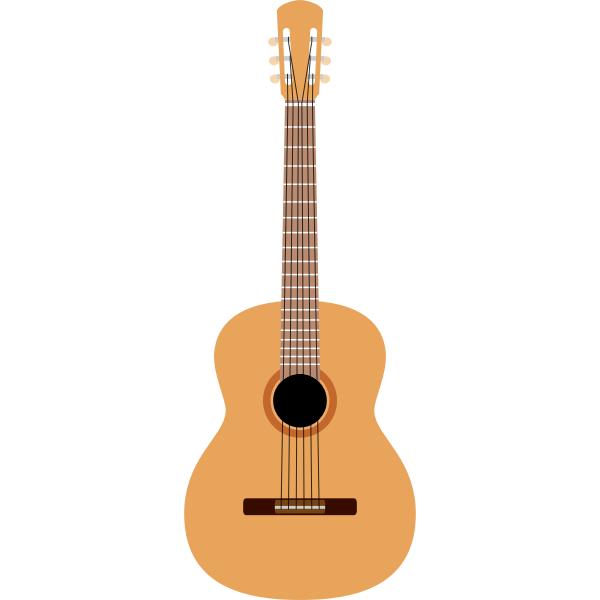I’ve been teaching guitar to adult beginners for 15 years. One thing everyone has in common is limited time to practice. Careers, family, and life’s responsibilities take precedent over a new hobby.
Most of the great players spent their youth obsessing over the guitar. One of my favorite guitarists and instructors, Rick Beato, talks about practicing for 12 hours a day while in college. That’s what it takes to be great. The reality is most of us don’t have that kind of time or desire
Even if you have unlimited time, our adult brain doesn’t seem to absorb information like it did in our youth. All of this means you probably won’t be great at guitar, and that’s okay.
The good news? Most people aren’t looking to become the next guitar hero. Chances are you’re looking to play a favorite song. Or maybe learn a few chords to jam with friends. Whatever your reasoning, the right approach is crucial in developing a long-term, sustainable hobby.
I always tell my adult beginners that learning guitar is broken down into two categories
Physical – Having the strength, dexterity, and rhythm to play notes, chords, and songs
Theory – The knowledge and understanding behind the music you’re playing
Unless you’re passionate about learning music theory, adult beginners should ignore it. Other guitar teachers will likely criticize me for that advice. However, until you develop the strength and dexterity to play notes and chords, music theory is useless. Understanding the theory behind a C major chord is pointless if you can’t play the C major chord.
Instead, focus on building the strength to play basic chords. String two chords together to create a basic progression. Start with down-strums and work towards incorporating up-strums for interesting rhythm patterns. Learn a simple scale and try to fret each note cleanly. Over time you’ll build the dexterity for more complex chords, scales, and solos. At that point, an introduction to music theory is beneficial.
Deciding where to begin is overwhelming. The number of lessons on YouTube alone can make your head spin. It’s common to jump from video to video with no real progress. If you have the resources, find a private instructor or online course. A good private instructor keeps you motivated and makes learning fun. This is especially important in the beginning stages when you’re most likely to quit.
To make things a little easier, follow these guidelines before you start
- Select a quality guitar from a reputable manufacturer
- Whether new or used, get your guitar set up by a professional
- Choose a lighter string gauge for easier playing
- Set aside at least 15 minutes a day to practice
Remember, a simple chord change will be difficult. Your progress depends on the time dedicated to practice. When you’re frustrated, consider the benefits guitar has outside of the music you make. Studies have shown playing an instrument has a positive impact on our brain as we age. So even if you’re struggling with a new chord, you’re likely benefitting in other ways.
Embrace the struggle, celebrate the little wins, and have fun along the way!
